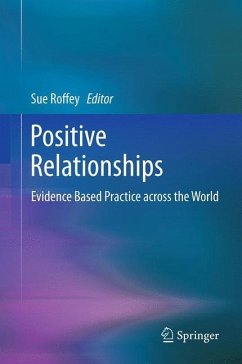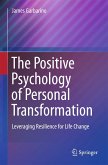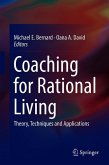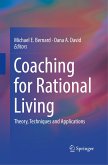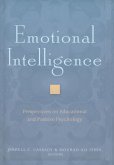Relationships are part of everyone's experience and the quality of relationships makes all the difference to self-concept and self-esteem, resilience and well-being, empathy, connection with others, authentic happiness and the ability to function and flourish. Positive relationships enhance well-being at all levels, individual, family, community and society. The breakdown of positive relationships is the foundation for many ills that Western societies now face.
We live in an age of amazing technological advance but have paid less attention to understanding ourselves and each other. Deconstructing the dynamics of positive human interactions has been limited until comparatively recently although research studies on resilience, parenting and effective learning encironments have all emphasised how crucial this is. We know more about outcomes for individuals and organisations when relationships are distant, negative or hostile but are only just beginning to identify the multiple, complex and interactive factors that help to make relationships positive. Howard Gardner in his seminal work on multiple intelligence in 1983 was one of the first to raise the notion on intra and interpersonal intelligence. These concepts were taken up by others, notably Daniel Goleman, and there is now an increasing focus on emotional and social intelligence for success in all areas of life. Positive psychology has built on this foundation, gathering evidence about what contributes to authentic well-being and a meaningful, fulfilling life.
This unique volume brings together authorities from across the world to write about how relationships might be enhanced in all these difference areas of our lives. It also explores how to address the challenges involved in establishing and maintaining positive relationships.
This evidence-based book, primarily grounded in the science of positive psychology, is valuable for academics, especially psychologists and professionals, working in the field of well-being.
We live in an age of amazing technological advance but have paid less attention to understanding ourselves and each other. Deconstructing the dynamics of positive human interactions has been limited until comparatively recently although research studies on resilience, parenting and effective learning encironments have all emphasised how crucial this is. We know more about outcomes for individuals and organisations when relationships are distant, negative or hostile but are only just beginning to identify the multiple, complex and interactive factors that help to make relationships positive. Howard Gardner in his seminal work on multiple intelligence in 1983 was one of the first to raise the notion on intra and interpersonal intelligence. These concepts were taken up by others, notably Daniel Goleman, and there is now an increasing focus on emotional and social intelligence for success in all areas of life. Positive psychology has built on this foundation, gathering evidence about what contributes to authentic well-being and a meaningful, fulfilling life.
This unique volume brings together authorities from across the world to write about how relationships might be enhanced in all these difference areas of our lives. It also explores how to address the challenges involved in establishing and maintaining positive relationships.
This evidence-based book, primarily grounded in the science of positive psychology, is valuable for academics, especially psychologists and professionals, working in the field of well-being.

